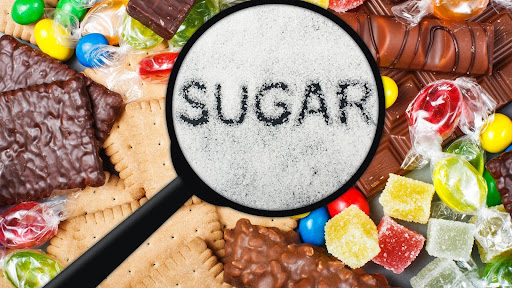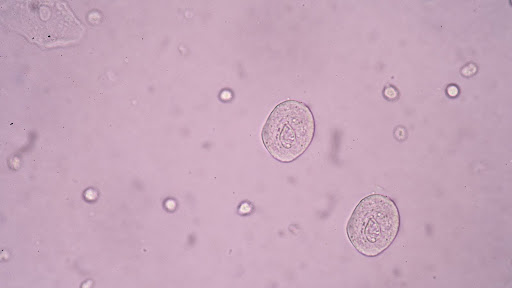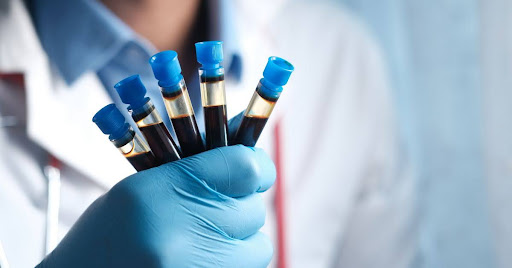Fasting Before a Blood Test: What You Can and Can’t Do
4 min read
By DocGenie , Published on - 02 November 2024Blood tests are essential for diagnosing health conditions and monitoring overall wellness. However, many tests require fasting beforehand, which often leads to confusion about what is allowed and what isn’t. If you’re wondering, “Fasting before a blood test—can I drink water?” or “How many hours of fasting for a blood test is necessary?”—this guide is here to help.
Why Is Fasting Required Before a Blood Test?
Fasting helps ensure accurate test results by preventing food and drink from interfering with measurements. Certain nutrients, sugar, and fats can impact test readings, leading to inaccurate conclusions about your health.Common blood tests that require fasting include:
- Blood glucose test – Measures blood sugar levels.
- Lipid profile – Assesses cholesterol and triglycerides.
- Basic metabolic panel (BMP) and comprehensive metabolic panel (CMP) – Evaluates kidney function, electrolyte balance, and other metabolic parameters.
- Iron tests – Determines iron levels in the blood.
| Blood Test | What It Measures |
|---|---|
| Blood Glucose Test | Blood sugar levels |
| Lipid Profile | Cholesterol and triglycerides |
| Basic Metabolic Panel (BMP) | Kidney function, electrolyte balance |
| Comprehensive Metabolic Panel (CMP) | Kidney function, electrolyte balance, metabolic parameters |
| Iron Tests | Iron levels in the blood |
How Many Hours Should You Fast Before a Blood Test?
The fasting duration depends on the specific test your doctor has ordered. Here’s a general guideline:- 8 hours fasting – Some tests, like a basic blood glucose test, require at least 8 hours of fasting.
- 10–12 hours fasting – Lipid profiles and metabolic panels often need fasting for 10 to 12 hours for the most accurate results.
- More than 12 hours fasting – Extended fasting is rarely required, but always follow your doctor’s specific instructions.
| Fasting Duration | Tests Typically Required |
|---|---|
| 8 Hours | Basic blood glucose test |
| 10-12 Hours | Lipid profiles, metabolic panels |
| More than 12 Hours | Rarely required; follow doctor's instructions specifically |
Fasting Before Blood Test – Can I Drink Water?
Yes, you can—and you should! Drinking water is highly recommended before a blood test because:- It keeps you hydrated, making it easier for the technician to draw blood.
- It prevents dizziness or fainting caused by dehydration.
- It does not interfere with test results.
What You Should Avoid While Fasting Before a Blood Test
To ensure accurate results, steer clear of the following:- Food and Snacks Eating anything, including small snacks, can interfere with test results. Stick to fasting guidelines strictly.
- Tea, Coffee, and Juice
- Coffee and tea (even black) – They can affect blood sugar and cholesterol levels.
- Juices – Contain natural sugars that can distort glucose tests.
- Milk or Creamers – Contain proteins and fats that interfere with lipid and metabolic panels.
- Alcohol Avoid alcohol for at least 24 hours before a fasting blood test. It can affect liver function tests and lipid profiles.
- Smoking and Chewing Gum Both can stimulate digestion and alter test results. It’s best to avoid them entirely before your test.
- Certain Medications Some medications may interfere with test results. If you take regular prescriptions, consult your doctor about whether you should take them before the test.
What You CAN Do While Fasting Before a Blood Test
Although fasting may seem restrictive, here are a few things you can still do:- Drink plain water – Stay hydrated.
- Brush your teeth – Just don’t swallow toothpaste.
- Take medications (if approved by your doctor) – Some medications can be taken as usual, but confirm with your healthcare provider.
- Stay busy – Keeping yourself occupied can help distract from hunger.
What Happens If You Accidentally Eat Before Your Blood Test?
If you mistakenly eat or drink something (other than water), inform your healthcare provider before the test. Depending on the test, you may need to reschedule.
Post-Test Tips: Breaking the Fast
Once your blood test is complete, you can return to eating and drinking normally. Here’s how to ease back into eating:
- Start with something light – A small meal or snack is ideal.
- Avoid excessive sugar or fats immediately after – Your body may react strongly after fasting.
- Stay hydrated – Continue drinking water to maintain hydration.
Final Thoughts
Fasting before a blood test is a simple yet crucial step to ensure accurate health assessments. Understanding what you can and cannot do, including whether you can drink water or how long to fast, helps make the process smoother and stress-free.
If you’re unsure about any instructions, always consult your doctor or lab technician for guidance. A little preparation goes a long way in getting the most reliable results from your blood test.
Need a Lab Test? For convenient and hassle-free lab testing, consider scheduling your test through DocGenie. We offer reliable, at-home blood tests with professional guidance to ensure the best healthcare experience.
Author Details

Dr.Rachna Kucheria
MD (Community Medicine) AIIMS New Delhi
MD (Family Medicine) USC California
Obesity Medicine Certification The American Board of Obesity Medicine
30+ Years of experience


